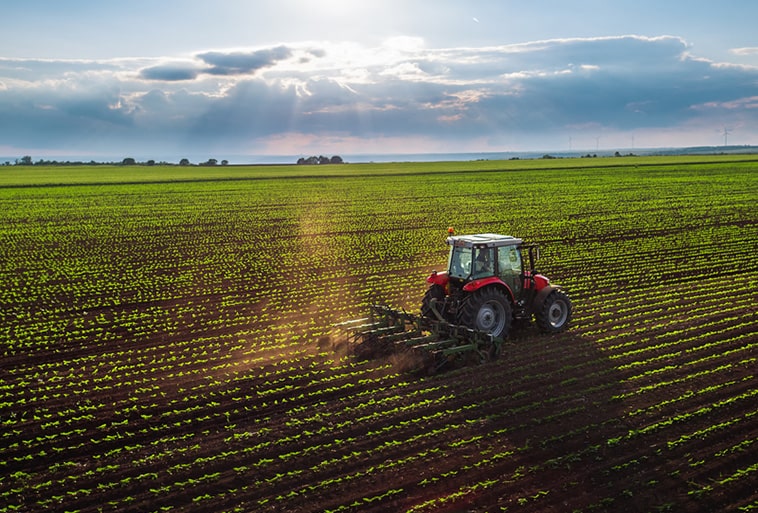The farming industry is unique. It is one that supports the entire country through produce, crops and livestock. When you envisage a farm as a business then you realise quite how many variables there are to it and what a complex operating structure it has. Key areas that have to be constantly monitored are government subsidies, changes in use of land and environmental impacts. All of which can have an impact on both profit and loss.
When you consider the accountancy practices of a farm there are multiple factors to take into account, including assets, liabilities, costs and revenue. This can make it a very complex process, so we have pulled together to key areas to consider:
- Land – land is an asset and the cost to maintain this should always be considered. Key costs for drainage, irrigation, fertiliser, soil management, weed removal and pest control all need to be accounted for. Also, if your usage in land changes then this needs to be clearly recorded ensuring that your business accounts are kept up to date
- Government subsidy schemes – farmers can often claim for government subsidies, especially during difficult or lean periods, to ensure the whole country will not run out of food. Keeping track on these subsidies, monitoring when they change and accurately accounting for them is vital
- Accounting calendar – make sure that your farm accounting calendar is aligned with the Government one. Often if livestock is born early or late, they are classed as out of season and might not fit into the governments specific “definition of age”. Aligning calendars means that you go by the Government’s definition of ages, even if it is not factually correct.
- Stock – every head has a value and therefore it is important to continually update all stock levels and keep accurate account of your animals.
- Recognising depreciation – all new equipment can depreciate so make sure that costs are offset against tax. Also, the value of used equipment will continue to depreciate so you should make sure that you continue to monitor the value of your equipment.
- Loss – farmers are often hit with losses due to the environment and in particular bad weather. Keeping track of all losses is important, it can have an impact on your tax bill and you don’t want to be taxed on something that has been destroyed.
- Software and profitability – it can be difficult to stay on top of all of your accountancy needs. Implementing specific software will ensure a much simpler process and give you immediate access to critical reports such as profit and loss, forecasting and cashflow.
- Technology – embracing technology will help with the day-to-day running of the farm and help you easily manage suppliers, partners and resources. It also enables farmers to check on important farming needs such as stock prices, purchasing trends and weather forecast.
If you are looking for some accountancy support for your farm, then our team at Stepping Stones would be delighted to help. Feel free to call us on 01173 700 079 or e-mail hello@steppingstonesaccountancy.co.uk.

